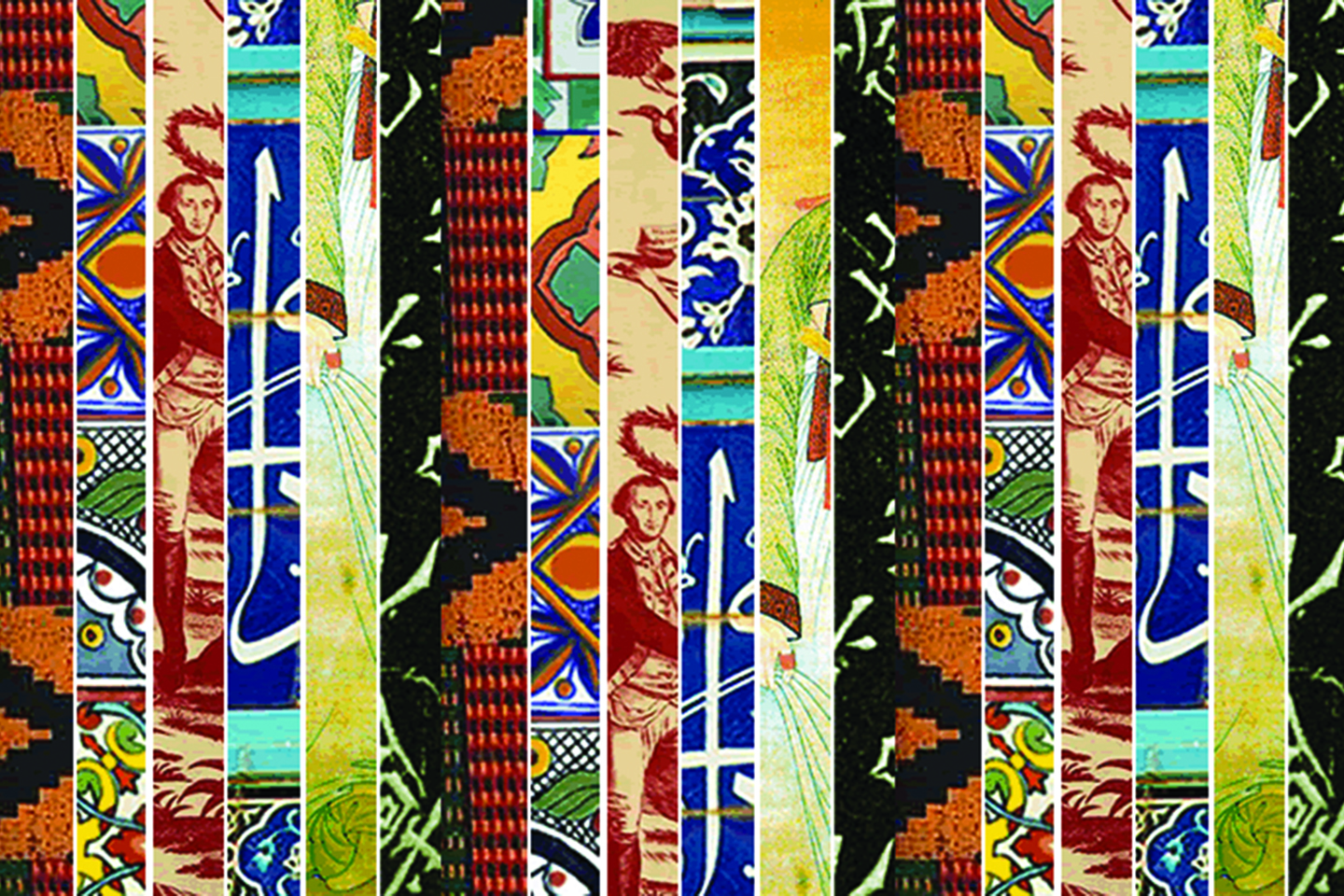
MIT’s Global Languages is pleased to announce the winners of the 10th annual Isabelle de Courtivron Prize for 2020.
The prize, named to honor French Studies Professor Emerita de Courtivron, recognizes expository or creative writing on topics related to immigrant, diaspora, bicultural, bilingual, and/or multi-racial experiences. The prize competition is open to all MIT undergraduates.
Each of the 37 entries for the 2020 de Courtivron Prize is distinct, but there are some common themes. Some authors address the central role of language in defining a culture, how knowing—or not knowing—the language of parents or grandparents has shaped the authors’ worldviews. Others examine how the sensuous rituals around making and eating particular foods represent the emotional bonds of family and kin across space, time, regions, and ethnicities. They convey joy, growth, conflict and pain in a variety of genres including poetry, illustrated memoirs, short fiction, and well-researched analytical texts. Some entries are playful; others serious. All testify to the rich complexity of experience MIT undergraduates bring to campus every year. The two winning entries stand out:
First Prize
Miriam Wahid (Course 11 and Course 21W, class of 2021) has been awarded first prize for her memoir, 5524 Yellow Poplar Drive, Salisbury, North Carolina, about growing up as a Muslim Irish-African-American in a rural Bible-belt community where “seas of confederate flags fly” and the mundane act of fetching the mail requires bravery and resilience. Wahid likens her family’s home to a crock pot, where the mixing and alteration of recipes from across traditions represent the challenges, flexibility, and compromise inherent in cultural hybridity. Her narrative captures the profound and respectful cohesion of a loving family even in conditions of economic duress and bigotry. In Pico Iyer’s terms, Miriam Wahid’s home is both a piece of soil— 5524 Yellow Poplar Drive—and a piece of soul, represented by her mother’s crock pot, whose foods are “warm and storied and compromising and safe.”
Second Prize
Elaine Wen (Course 15-2, class of 2023) is our second prize winner. Elaine’s poem, Red Bean Soup, is an evocative meditation on the most profound of emotions: a mother’s love for her child. The poem’s vivid culinary images and sensations, combined with concrete details expressed in Mandarin and English, capture the nature of cultural code-switching superbly. The repeating initial line of five stanzas, “there were no I love you’s,” serves as a chant or chorus that highlights communication differences. What is explicit in English speech—I love you—has instead been demonstrated implicitly, day and night, in the many savory and sweet expressions of love provided by Wen’s mother in the complex and satisfying flavors of zao dian shui, tang yuan, xiao long bao, and ji tang. But Wen recognizes the value of both the explicit and implicit, as she describes how “miles away from home / missing the taste of red bean soup / is when I begin to say / I love you.”
Three other students received Honorable Mentions:
Talia Pelts (Course 18-C, class of 2020) for Little Horrors
Haniya Shareef (Course 20, class of 2022) for Enough
Kidist Amadu (Course 6-9, class of 2022) for Shedding Language
For more information, see the writing prize website
